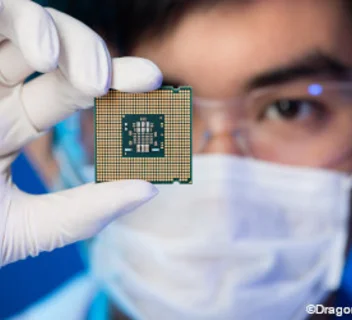Responsible partner
More than 55% of Mersen’s sales are linked to sustainable development markets.
The Group proposes innovative, effective, competitive and efficient solutions, which all contribute in some way to the fight against global warming.
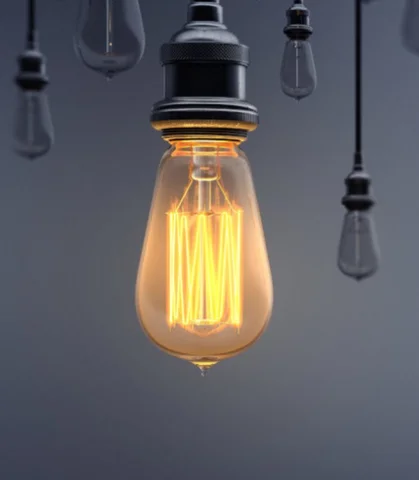
Expertise and innovation in the service of sustainable development
Mersen operates in a range of cutting-edge sectors, including renewable energies, energy efficiency, semiconductors or clean transportation, and invests in research into new solutions for the green industry and markets.
Its solutions contribute to new progress in photovoltaic solar energy and the manufacture of wind turbine generators. It is also involved in manufacturing process of more compact and efficient semiconductors, and helps to improve the performance and reliability of the equipment and infrastructure used in new forms of urban mass transit and electric vehicles.
Share of sales in sustainable development markets
-
50.00 %
in 2018
-
56.00 %
in 2021
-
55.00 %
in 2024
-
01.
Solar energy
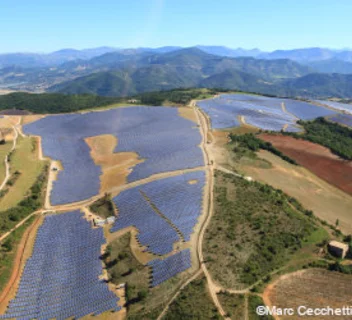
Paying attention to the social and environmental practices of our suppliers
Mersen’s purchasing charter for a sustainable supply chain formalizes its relationships with suppliers and sets the standard for virtuous collaboration.
It encourages the implementation of best practices – including social and environmental practices – and is accompanied by a CSR questionnaire with a detailed self-assessment grid.
Based on this self-assesments, the Group has assigned a "Supplier CSR" rating with results and related improvement plans.
Under the new 2027 CSR roadmap, the goal is to have less than 5% of suppliers with a rating of 25% or lower by 2027.
Compliance with conflict minerals regulations
Mersen is committed to responsible sourcing and does not intend to fuel armed conflict through its purchasing practices or those of its suppliers. The Group ensures that its suppliers and their own suppliers are in compliance with European regulations on minerals from conflict zones and equivalent US legislation (section 1502 of the Dodd-Frank Act).
Third party corruption risk assessment
The Group has established a procedure to assess third-party corruption risk, including suppliers.
Circular Economy
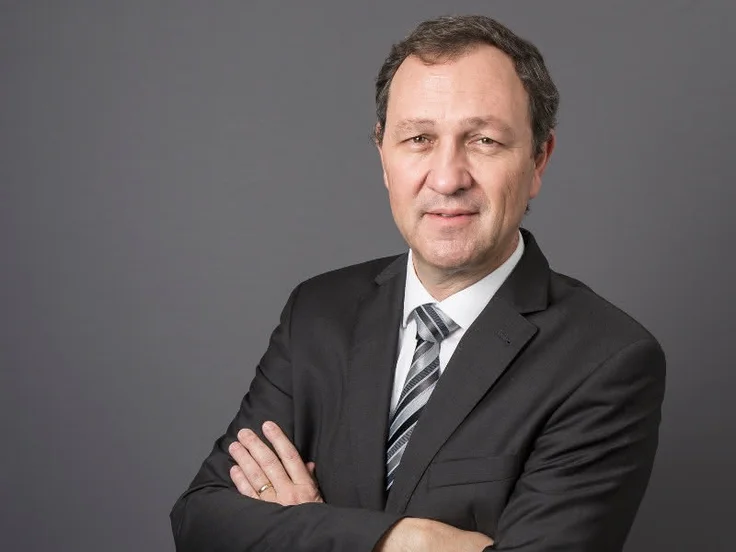
Jean-Philippe Fournier
Group Vice President, Operational Excellence
Limiting the environmental impact also means implementing circular economy principles, one of them being conducting product life-cycle analysis
Circular Economy
Product life cycle analysis
Contribution to reducing the impact of industrial activities at our customers’ sites
The new generation of Eco&Flex Synthesis Unit for the production of liquid HCl limits our customers’ consumption by:
- 1,785 t CO2 per year
- Water flow by 80 cu.m. per hour
- 100 MW per year
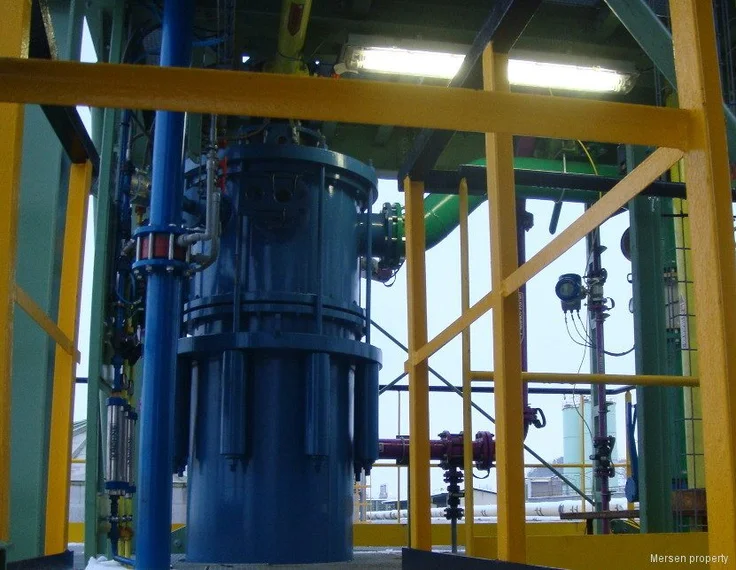
The semiconductor manufacturing process involves very high temperatures (2400°C). The very high insulating power of Mersen’s insulation felt allows our customers to reduce their energy consumption by 15% compared with a standard product. If all players in the sector were to equip themselves with Mersen insulation felt, the savings could represent 25 GWh per year.
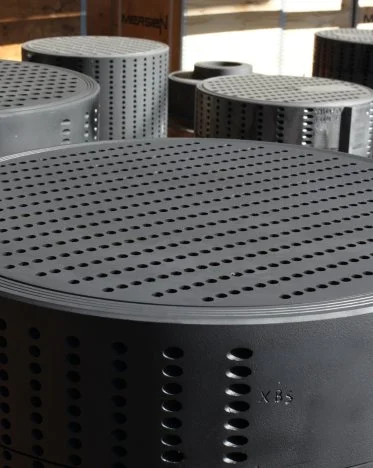
Mersen has designed a product based on the PEP (Product Environmental Profile) process. It helps define the areas offering scope to minimize the product’s environmental impact. The new Modulostar fuse holder will allow the following estimated savings, based on the current production: 22 t of copper per year

Publications
CSR
Mersen Purchasing Charter for a Sustainable Supply Chain
pdf - 1.57 MB | Sept. 24, 2025

